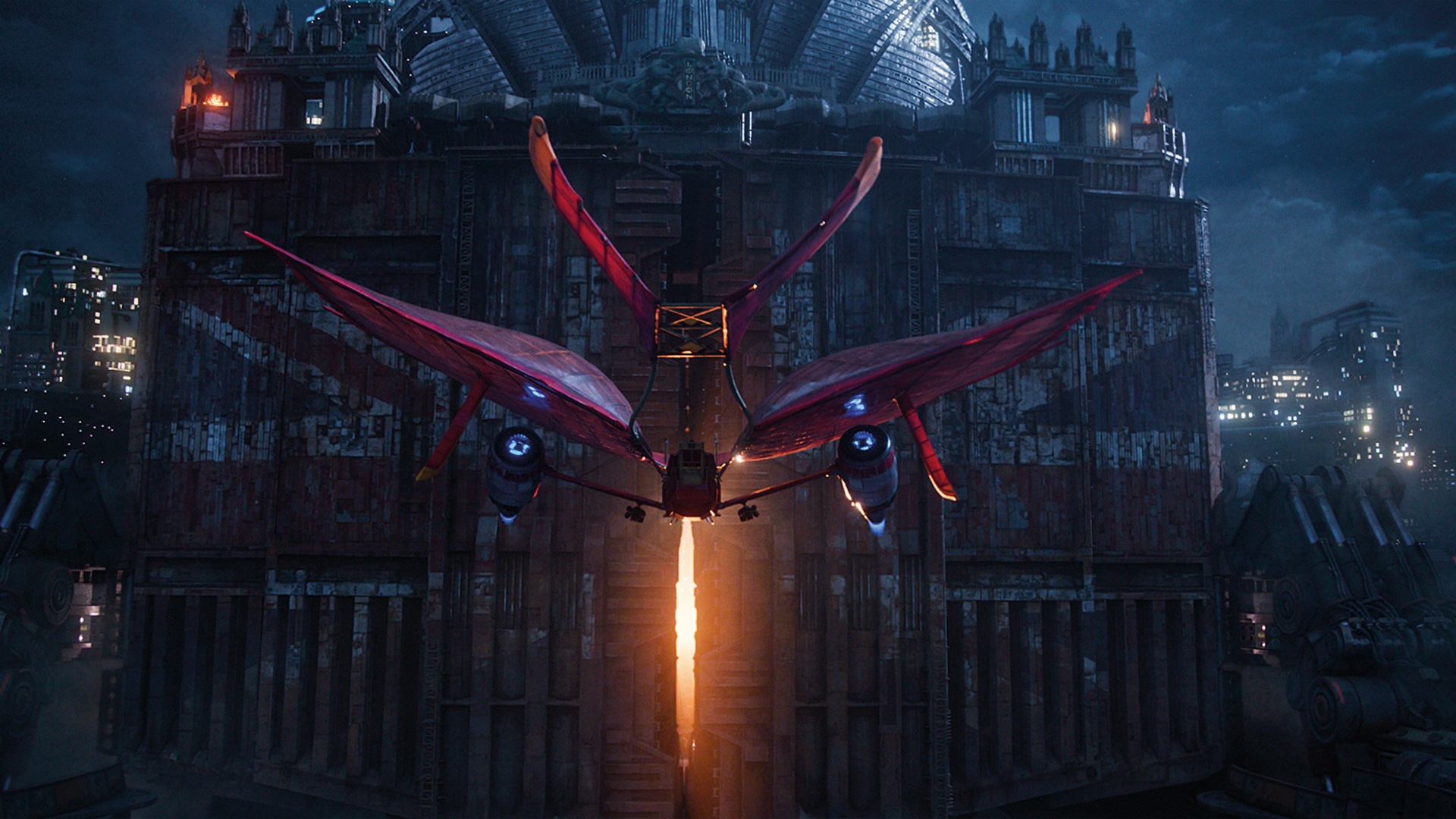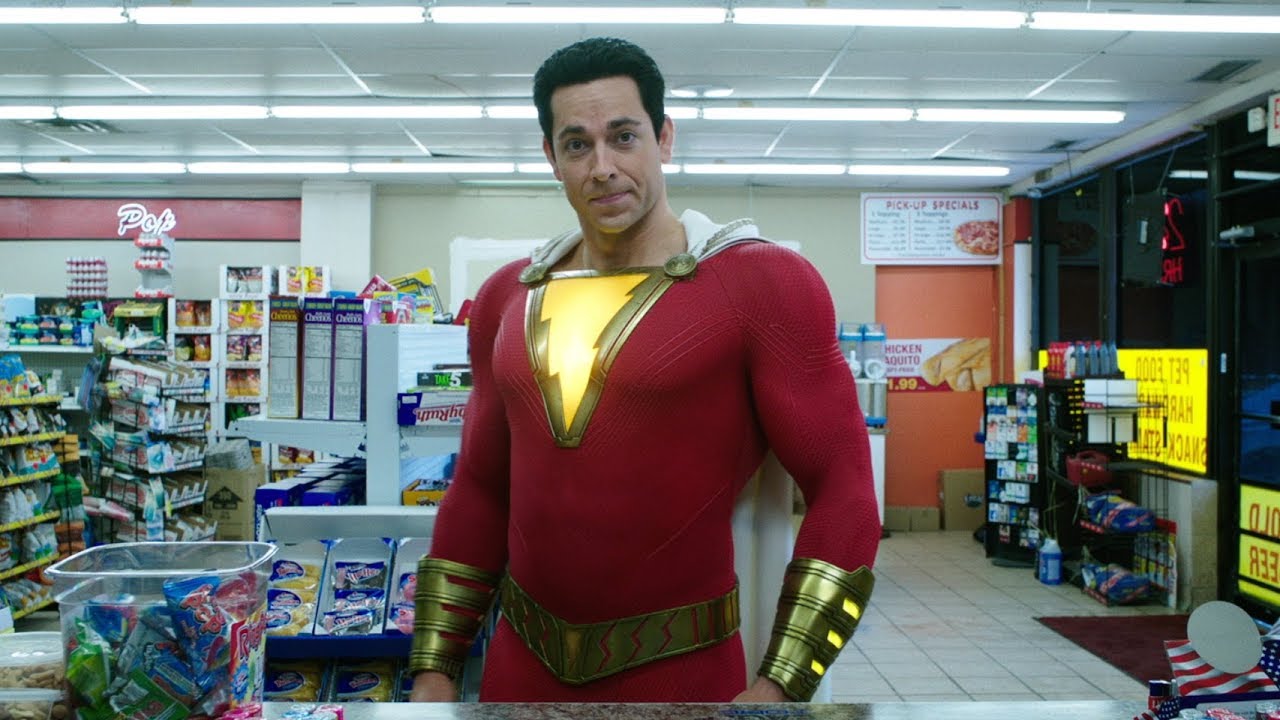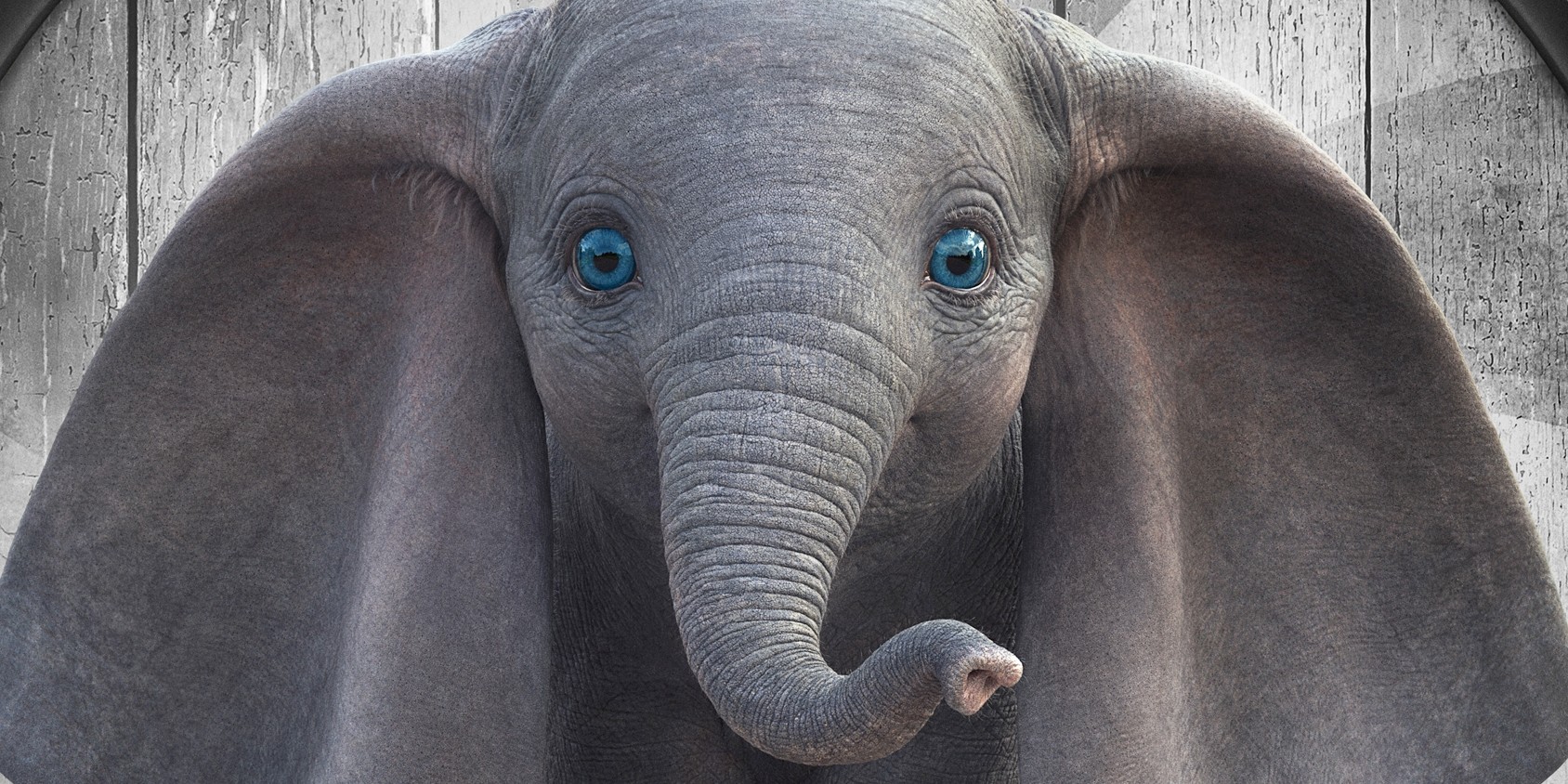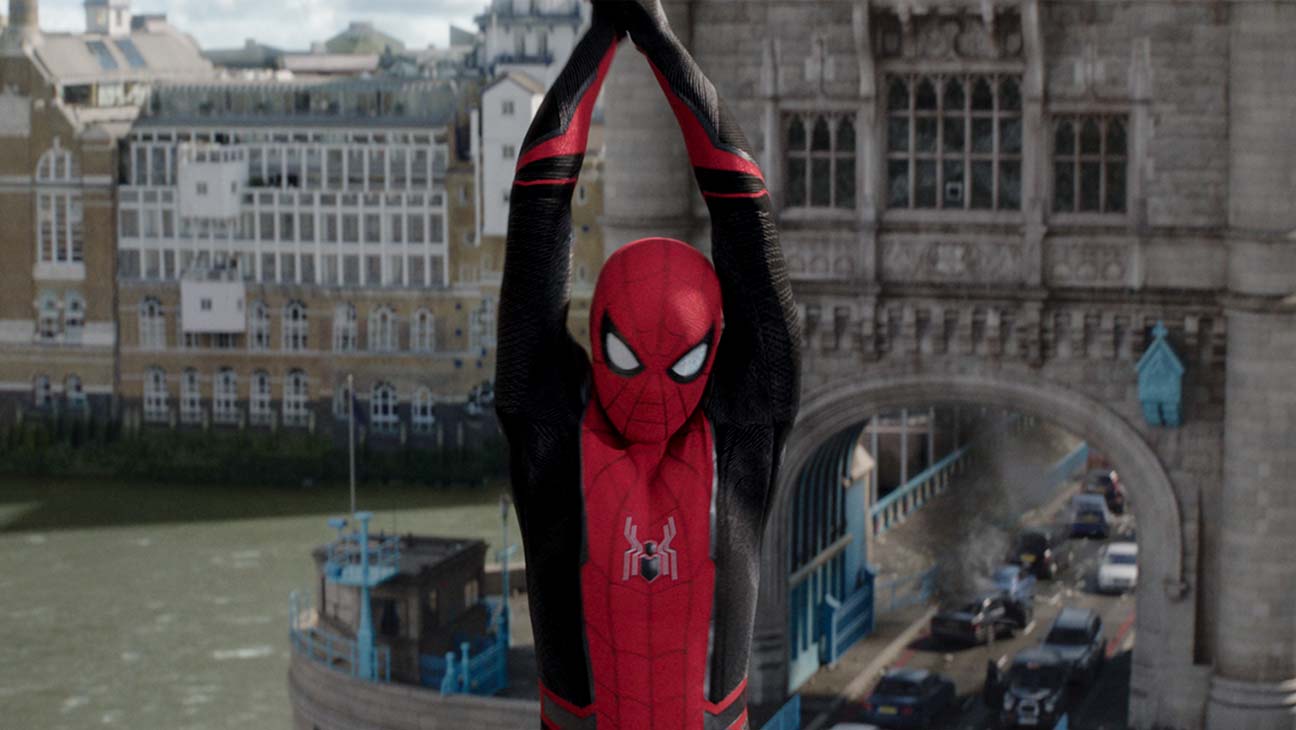Wright or Wrong: Captain Marvel
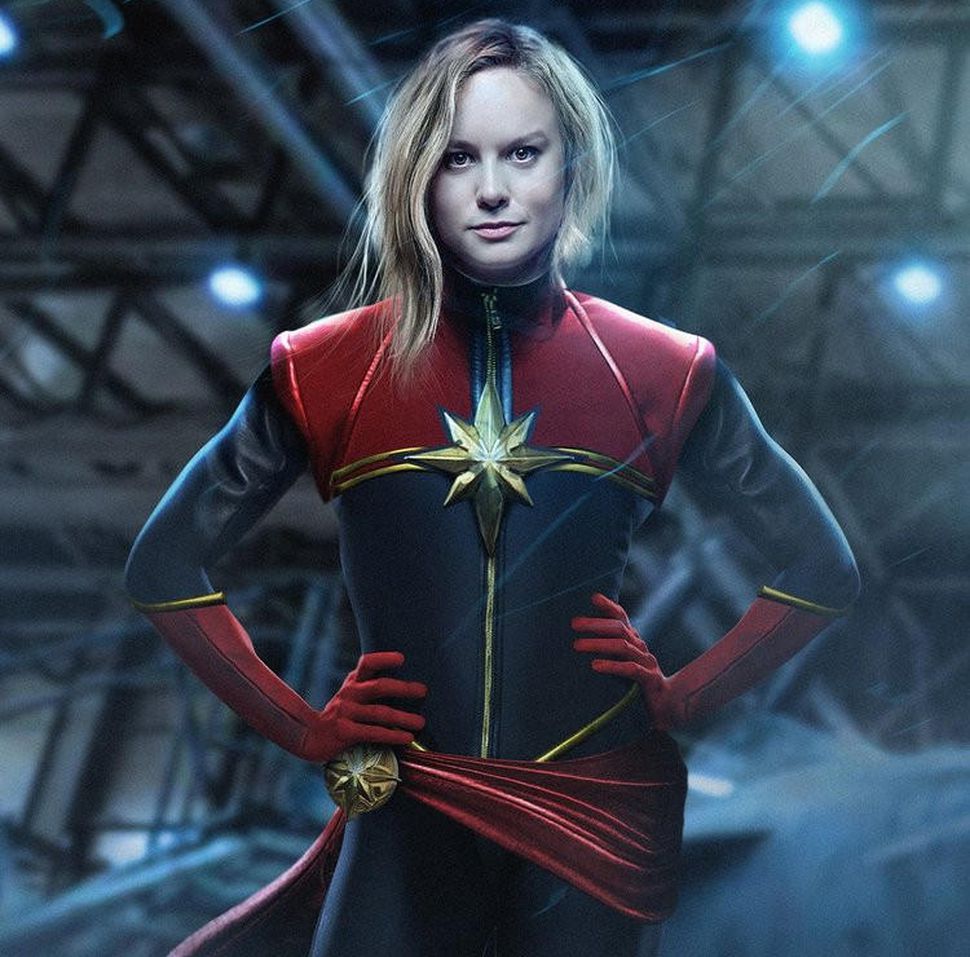
The character of Carol Danvers was always going to be the hardest sell that the Marvel Cinematic Universe has ever pitched for a mainstream film franchise. Even letting go of the convoluted history surrounding the Captain Marvel legacy and its association with the woman known longer as “Ms. Marvel,” the tale of Carol Danvers is a long and messy quagmire of retroactive continuity that’s left her character pulled in about 50 different directions with very little cohesion over roughly 50 years of history.
That’s not to say that a movie starring her is impossible, but given the nature of her Captain Marvel tenure being a fairly recent and tumultuous piece of an even more tumultuous history, writer and directing duo Anna Boden and Ryan Fleck really had their work cut out for them in comparison to the more rigidly defined heroes that Marvel’s been making their money off of for the last decade. All of this is noteworthy because the solution of turning Air Force pilot-turned-intergalactic-soldier Danvers (played by Brie Larson) into a stubborn, amnesiatic fighter isn’t just a clever way of reconciling her messy history with the legacy she’s inheriting — it’s also the best hope of carving out a proper thesis for a character that’s struggled to be defined as one thing.
Courtesy images
Indeed, if there’s an overriding problem with “Captain Marvel” as a movie, it’s that while it defaults to traditional Hollywood superheroics with confidence and solid execution, it really struggles to find a unique voice compared to its contemporaries, such as the genre bending on display with “Captain America” as war and spy films, “Ant-Man” as a heist movie and family comedy, “Doctor Strange” as a fantasy film with occasional dips into eldritch horror, etc. The closest it settles on is one of two solutions that it inevitably blends together.
The first is using its 90s period piece gimmick to play off of its title character’s quest to piece together her past to pay tribute to Shane Black-esque buddy action comedies a la “The Long Kiss Goodnight,” right down to using a digitally de-aged Sam Jackson reprising his role as a young Nick Fury assisting her in her mission while attempting to repel a potential alien invasion by her enemies, the shape shifting Skrulls.
While the period gimmicks and typical Marvel sense of humor can occasionally pile up to be a bit much, the mystery of who Carol is and how she ended up on the other end of the galaxy as a result of a plane crash stays fairly engaging and unpredictably enough to be buoyed by Jackson and Larson’s excellent chemistry and a surprisingly atypical performance turned in by Ben Mendelsohn as Skrull leader Talos, who has more dimension than meets the eye.
The surprisingly more effective route shows itself in the first third of the movie preceding Danvers’s arrival to Earth, where the movie basically sets itself up to feel like a sci-fi space opera military drama (yes, a mouthful), in which she must prove herself to her team as an underdog rookie and being a better “Green Lantern” adaptation in that first half hour or so than the entirety of the actual “Green Lantern” movie.
It shows a more human side to the fanatical Kree culture previously seen in “Guardians of the Galaxy,” and Danvers’s mentor played by Jude Law, really shows up to work, establishing a relationship with her that’s so multitiered it left me questioning where his allegiances lie even after the conclusion of the climax. The take was so unexpected yet excellently executed that I wished it had encompassed more of the movie than the mundane Earth action sequences.
I’ve been fairly vague on the details of “Captain Marvel’s” plot because so much of its sense of satisfaction is based in certain reveals that are substantially reliant on firsthand experience. Despite that, the film does come off as fragmented even with those details filled in. Much like other origin stories, this movie feels like it’s more concerned with setting up bigger things than telling a wholly satisfying stand alone story, but unlike those others, it has to struggle with a character that’s far less defined.
“Captain Marvel” kicks off strongly and, despite some hiccups in its endgame, closes out on a high note. Because what little is known about its titular character has to be broken down and reassembled throughout the second act, the movie can come across as clumsy as it attempts to figure out what it wants to be after her involvement in the upcoming “Avengers: Endgame.”
While that choppiness is something that won’t sit well with all audiences, I not only found worthwhile charm in those fragments but actually applaud several of the shake ups they’ve attempted with the formula. While I don’t make a habit of relying on future features to iron out critical bugs of present releases, I find myself curious where they intend to take this franchise now that it seems to have a direction that it can go in, even if they took a little too much time trying to find it.
“Captain Marvel” comes across as more of a quaint phase-one MCU feature than all the bells and whistles we’re used, but it still has the all of the characterization and heart that made the brand take off the way it did to begin with.
4 out of 5 stars
Graduating from Texas A&M University—Commerce with a bachelor's degree in News and Editorial Journalism, Jordan Wright has lived most of his adult life professionally critiquing films, from major blockbusters to indie dramas, and has no intentions of stopping.




